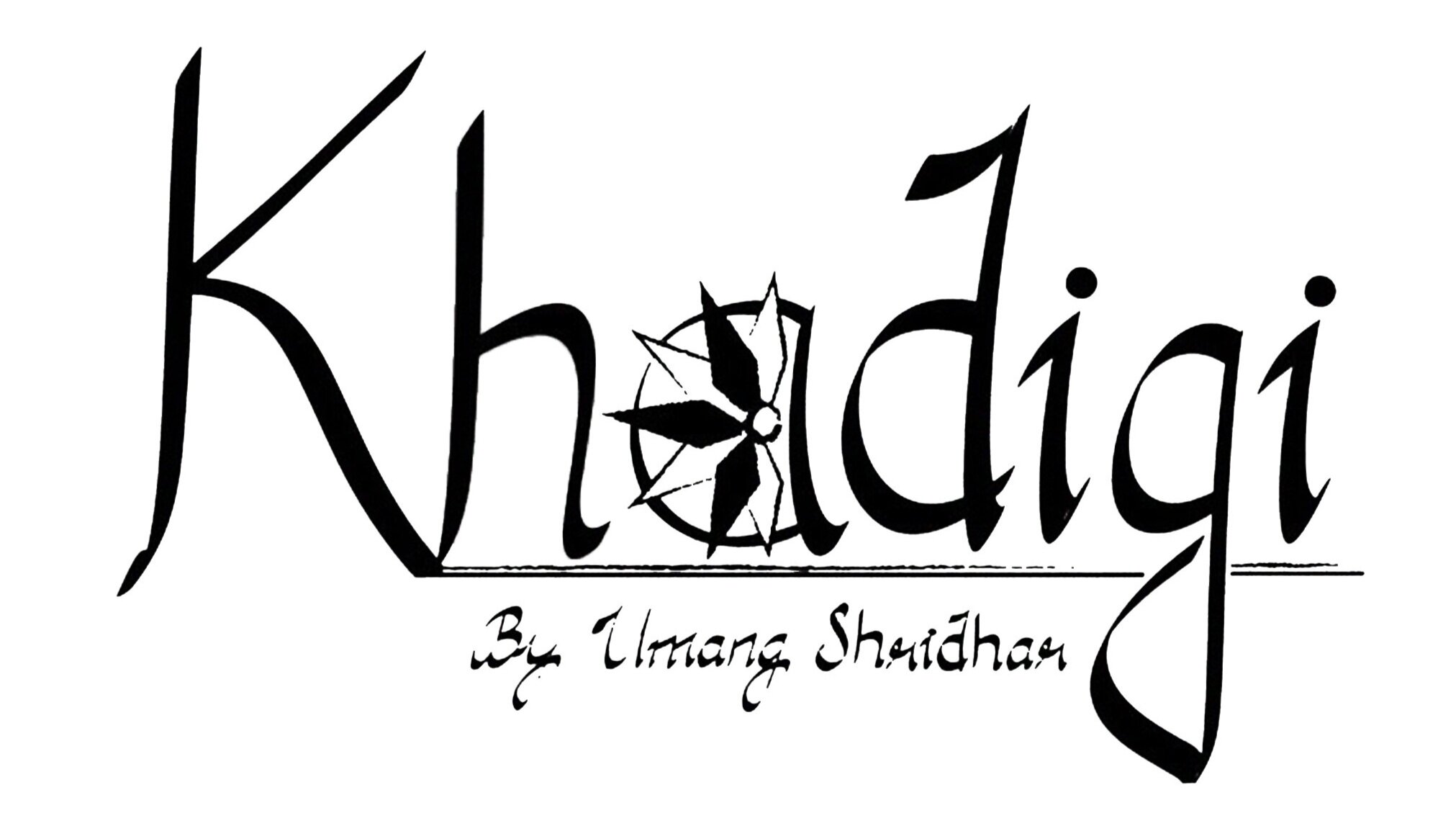Umang Shridhar, Founder of KhaDigi
Growing up in a small village in the Bundelkhand region of Madhya Pradesh, Umang Shridhar was always aware of the hardships artisans face, from poor working conditions to poverty. She studied commerce at the University of Delhi, and decided to use her degree to empower the local artisans in and around her hometown.
In 2017, Umang started her company KhaDigi, a B2B textile company that employs local artisans to create handspun and handwoven fabrics. “I had seen that the working conditions of wages for the local weavers, artisans, dyers, spinners was very poor,” Umang told timesofindia.com. “The model is taking into account the needs of the local artisans, and not for the sake of profit alone.”
So far, KhaDigi provides income for over 500 artisans across five states in India, and 70% of them are women. KhaDigi also provides training to upskill the artisans and works with them to develop designs that meet their skill set along with the new fashion trends.
KhaDigi is one of the 11 social enterprises participating in Upaya’s 2019 Livelihoods Accelerator Program. We were excited to ask her more about her company and what inspired her to become an entrepreneur.
Q: What problem is KhaDigi aiming to address?
A: “India is known for its traditional craft artisans. We have more than 100 million skilled artisans working as spinners, weavers, dyers, printers and other crafts, and yet there is high rate of unemployment and poverty. This unemployment is because of an unavailability of financial resources and market reach, and this is what we are primarily working on. And on the other hand, we are working with designers and retailers to source handmade fabric in a systematic way with new designs and at competitive rates.”
Q. How did you become so passionate about this issue?
A: “I was born in a small village in the Bundelkhand region of Madhya Pradesh. I grew up watching differences in the society on the basis of gender, caste and religion. It was only when I went for my graduation at Delhi University that I realised that the situation is the same even in large cities, and this is the main cause of economic differences in people and lack of dignified labour. This inspired me to work with many NGO’s in Delhi. I later decided to start my own organisation which supports rural women to earn dignified skill-based employment at their homes.”
Q. What inspired to start your company?
A: “My realisation was that I can’t just feel sorry about the situation of the society, 80% of the people in this country are traditionally trained to do some activity or the other skillfully. This inspired me to start my company to provide platform to such talented artisans.”
Q. What has been your biggest accomplishment with your company to date?
A: “The biggest accomplishment is when one of our artisans upskilled from a two peddle loom and started working on four peddle loom. She started earning INR 15,000 per month for her craft.”
Q. What is your vision for your company?
A: “We want to reach out to artisans across globe and provide them with dignified skill-based regular employment.”
KhaDigi is a social enterprise working to revive the age-old tradition of art through fabric weaving while putting a 21st century “contemporary twist” on their products, which allows artistic innovation to bloom for their customers. The majority of their fabrics are either handspun or handwoven using cotton, silk, soya waste or bamboo - all of which are 100% sustainable. Currently employing over 500 weavers and artisans, KhaDigi works to ensure socio-economic stability for the employed artisans and collaborates with them to explore new ideas for upcoming trends in fashion.
Entrepreneur Spotlight
Upaya has the privilege of working with so many passionate social entrepreneurs. These entrepreneurs are our heroes, leading businesses that provide employment opportunities for people in some of the world’s most marginalized communities. We love learning and sharing what has inspired our partners and accelerator participants to take the leap into entrepreneurship. See the full series here!






